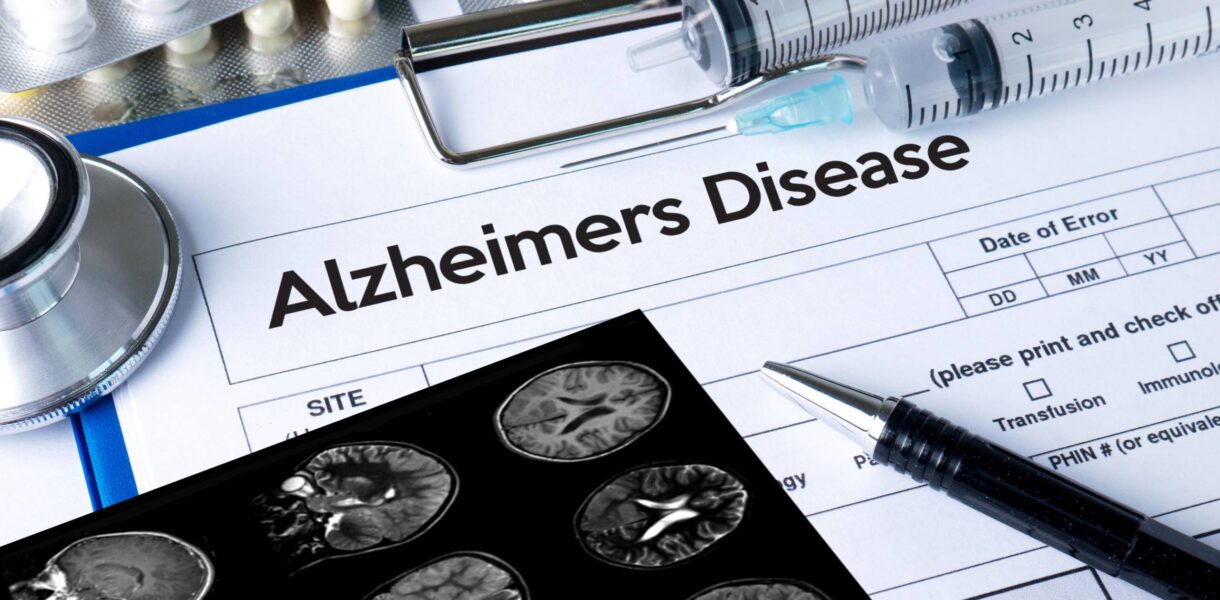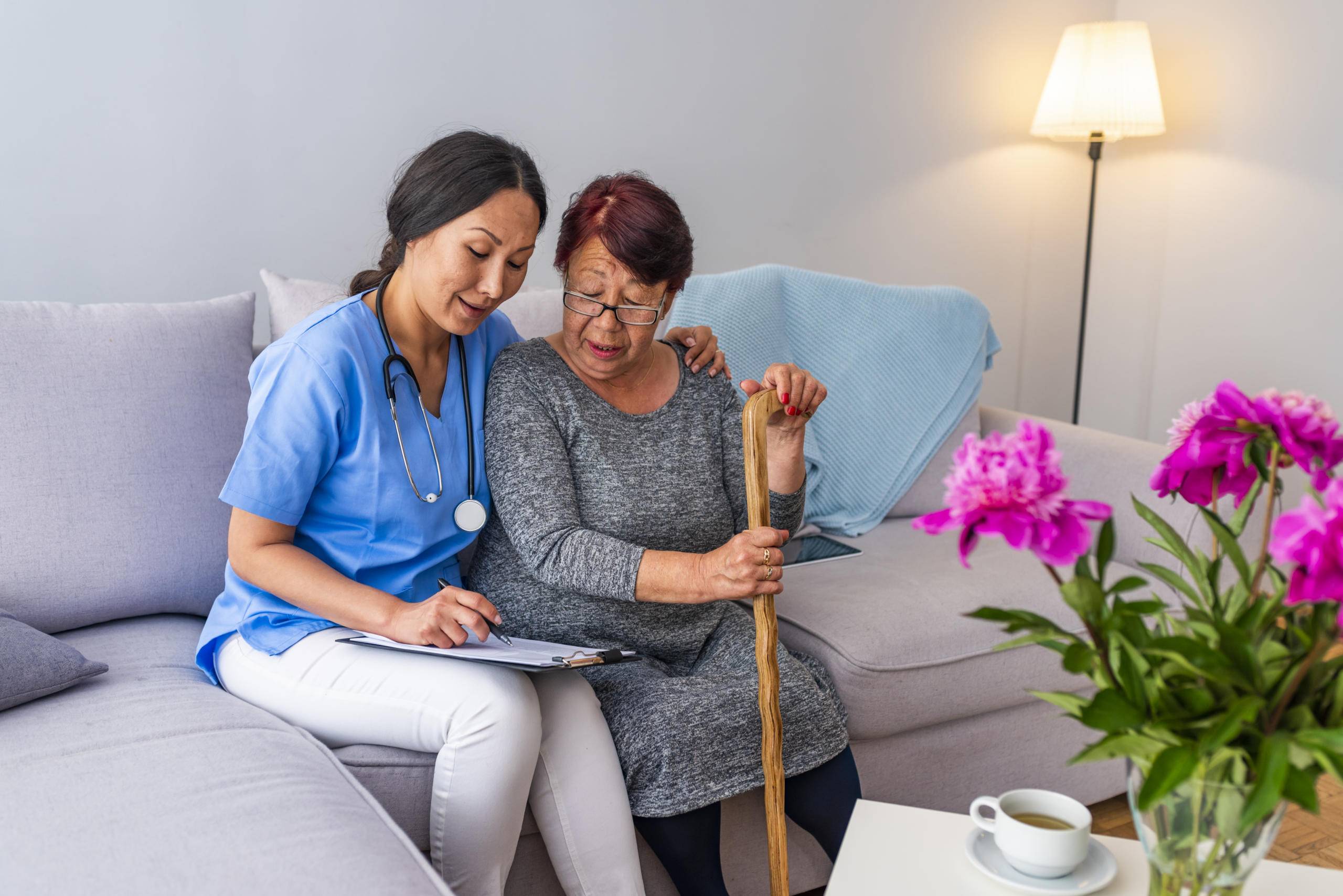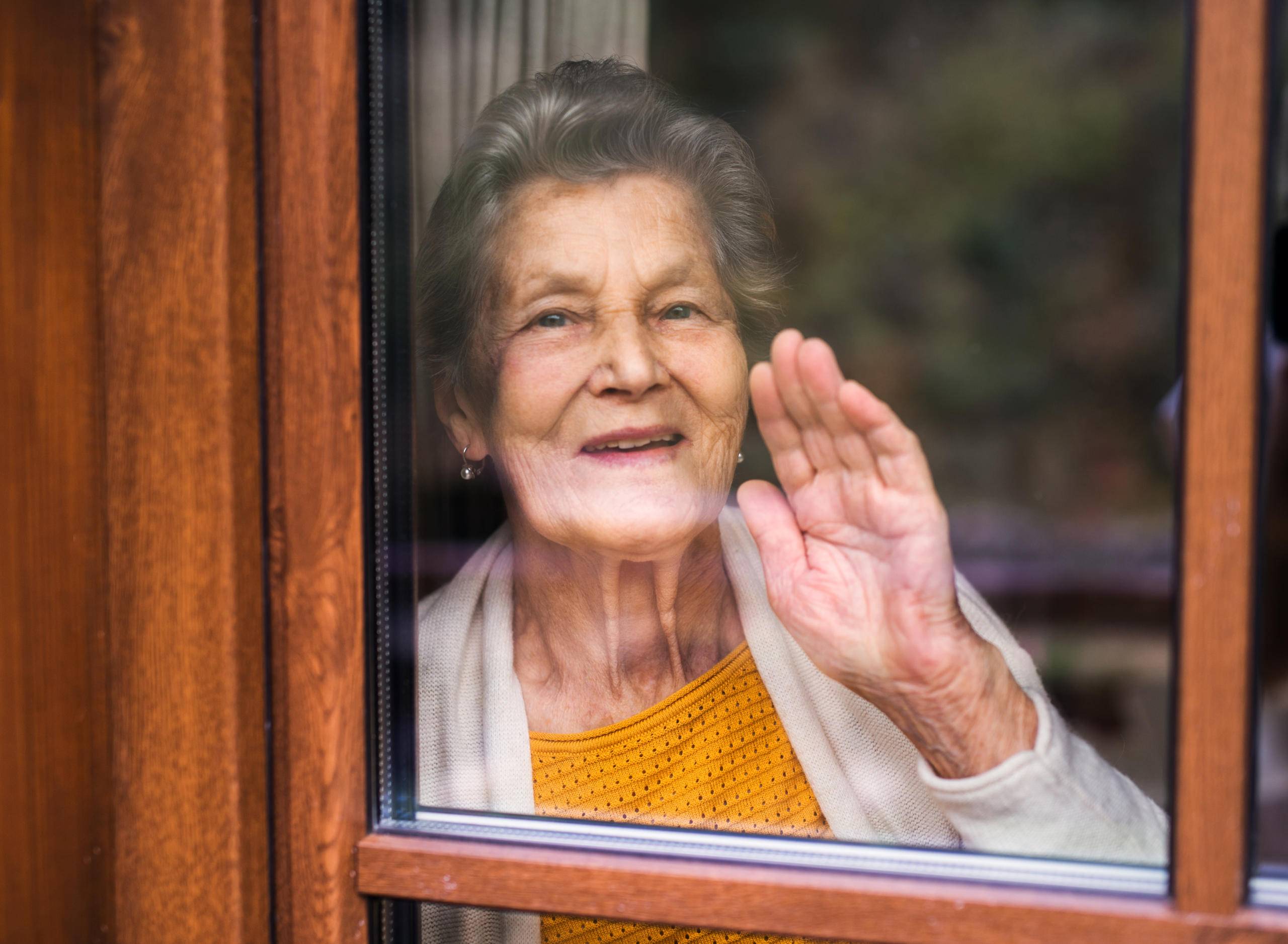
Is a clinical trial right for you or your loved one?
Clinical trials and clinical studies use human volunteers to learn more about the cause, treatment, and prevention of diseases. There can be no cure for Alzheimer’s and dementia without clinical trials. But is participating in a clinical right for you or your loved one? The answer depends on the kind of trial and what you hope to gain by participating.
What are the types of clinical trials?
There are two types of Alzheimer’s treatment trials: Treatment aimed at reducing Alzheimer’s and dementia symptoms and treatment aimed at stopping disease. The first kind one involves new drugs and variations of current medications symptoms. For example, a trial might test a new dosage of a current drug, a new timing of administration, or its effectiveness when combined with other medications. The other type of treatment trial is similar, but it’s aimed at slowing or stopping the disease altogether with new drugs.
But volunteers don’t need to enroll in drug trials to participate in the search for a cure for Alzheimer’s. Clinical studies are the same as clinical trials, but they cover more than drug treatment. Studies can test preventative measures, cognitive stimulation, exercise, diet, and supplementation. Besides clinical research, there are also diagnostic studies, prevention trials, quality of life studies, and other online studies.
Why would my loved one or I want to participate in a clinical trial?
One of the main reasons people volunteer for clinical trials is to access treatments unavailable to the public or an experimental approach using existing treatments. Such trials don’t guarantee a different outcome, but for many patients, playing an active role in their treatment gives them a sense of greater control.
Most studies offer excellent healthcare at well-known centers, so participants receive exceptional care. Studies show that overall, trial participants tend to fare somewhat better than other patients, probably because of the high quality of care they receive.
Most importantly, there can be no prevention, treatment, or cure for Alzheimer’s without volunteers. Participating in a study gives hope to patients and their families, including generations to come.
Why would a patient or family NOT want to participate in a clinical trial?
Patient safety comes first in all clinical trials. Any new treatment given must have strong evidence that it will be as effective as the current treatment, but there will still be risks, like uncomfortable side effects. Also, experimental treatments aren’t always more effective than existing treatments. Clinical trials are meticulous about ensuring that patients (or their proxies) understand the risks involved.
How do we enroll in a clinical trial?
If you or your loved one wants to participate in a clinical trial, plenty of resources are available. The Mayo Clinic has studies researching memory, healthy aging, dementia-related conditions, and more relating to gerontology. You can learn about what it takes to become a volunteer on their website as well.
The National Institute on Aging (NIA) currently supports 365 Alzheimer’s and dementia trials. These cover early-stage and late-stage clinical drug development, non-drug interventions, and care and caregiver interventions.
The Alzheimer’s Association also has a database tool called TrialMatch, a clinical trials matching service that connects patients, caregivers, and healthy volunteers to current studies.
You can also contact local assisted living facilities to guide you in the right direction. All of these resources (plus many more) could potentially lead you or a loved one to an eventual treatment or cure for the disease.
Our caregivers at Avalon Memory Care love on our residents every day. We focus on their overall quality of life with an individualized, flexible, and compassionate care system. If you would like to learn more, reach out to us at (972) 713-1383 or schedule a tour here.
See More Articles
-
Visiting Your Aging Parent With Memory Loss at Avalon Memory Care
As a loving son or daughter, you naturally want the best of care for your senior parent. The compassionate assisted living caregivers at Avalon Memory Care want you to know that while your parent is living with us, he or she will receive nothing less than respectful, loving care within our comfortable, safe, and fully-staffed
-
Celebrating New Year’s Day in Memory Care
Families often find that celebrations with their loved ones in memory care are easier when they embrace new traditions. For instance, it may not be practical to expect your loved one to stay up until midnight on New Year’s Eve. Instead, consider throwing a New Year’s Day celebration, complete with a countdown to the first
-
Understanding Parkinson’s Disease and Dementia
Parkinson’s disease is an incurable neurological disorder, with progressively worsening complications. Perhaps the most well-known symptom of Parkinson’s is a hand tremor, but it can also cause speech changes, muscle rigidity, and impaired posture. Eventually, as the disease progresses, more than half of all individuals with Parkinson’s will require dementia care. This particular type of
Testimonials
Downloadable Resources
We Are Avalon
Discover the heart of our community; download ‘We Are Avalon’ to get to know our dedicated team and our commitment to providing a warm, family-like environment.
Transitional Care Guide
If you’re considering a transition, we’re here to help; download our Transitional Care Guide for compassionate guidance through each step of the process.
Schedule a Tour
Visit one of our 30+ campuses and experience our unique approach to memory care.












